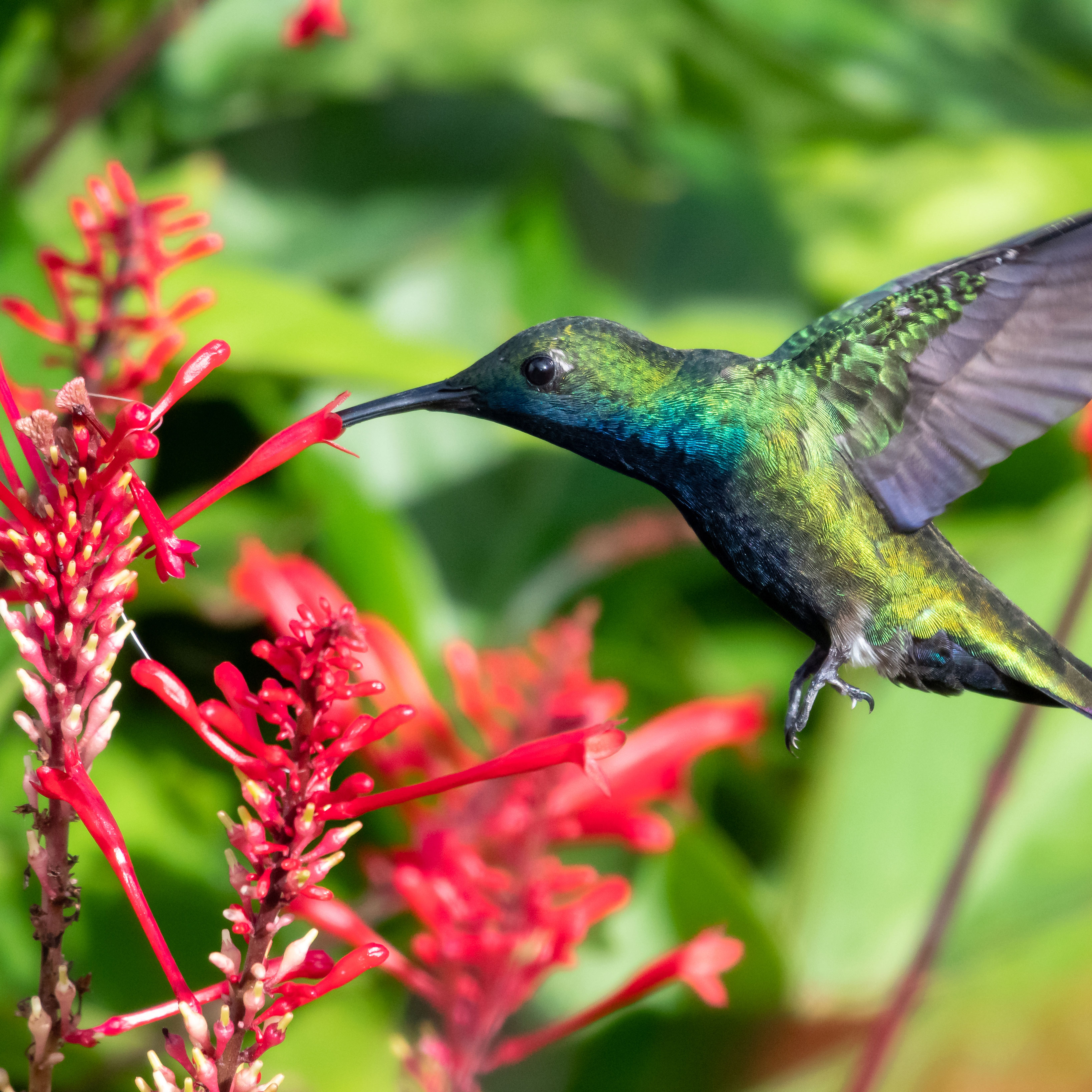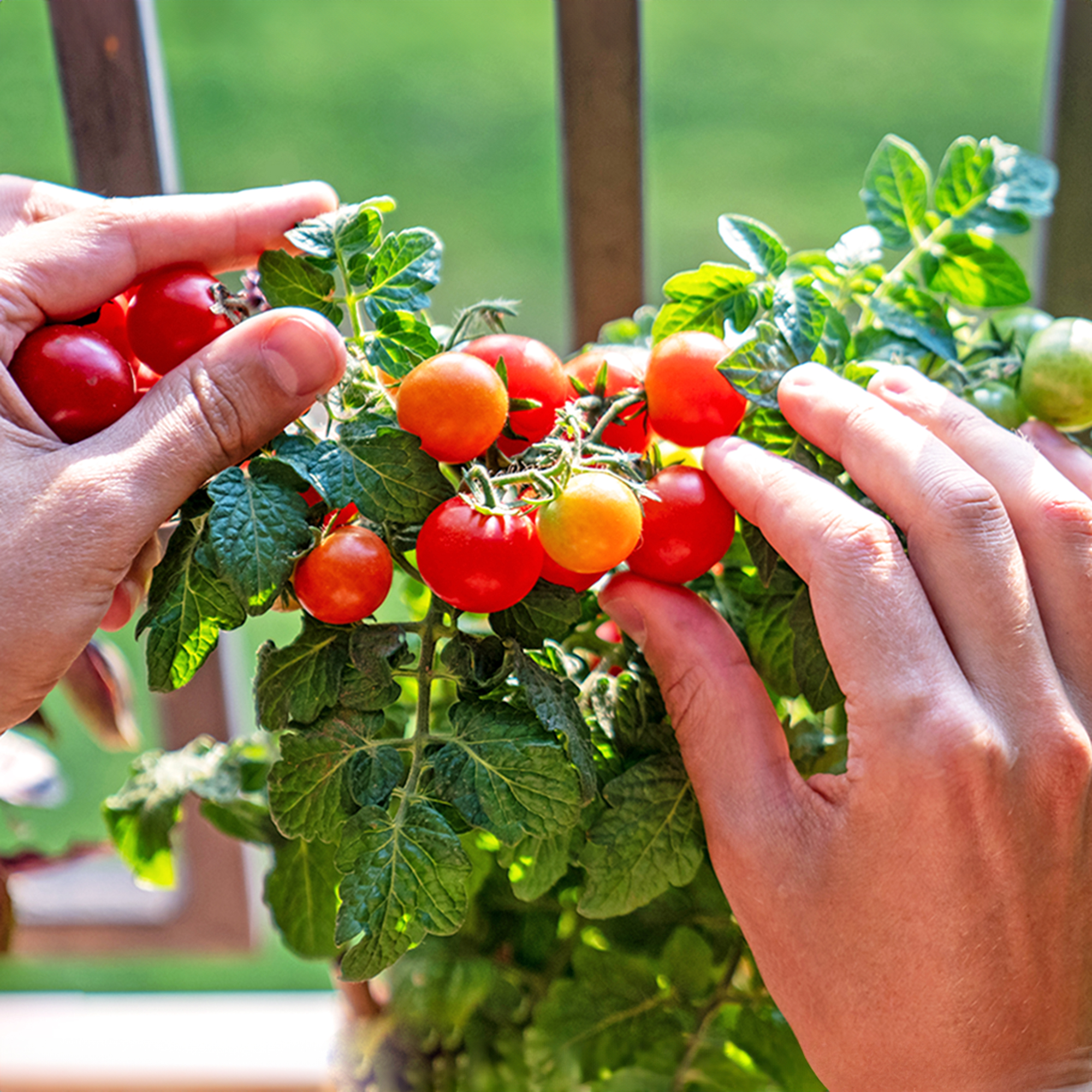Pros And Cons Of Gardening

It's difficult to imagine any real disadvantages of gardening, and seasoned gardeners believe beyond any shadow of a doubt that good reasons to start a garden are almost too numerous to count. After all, gardening is good for the body, mind and soul. Okay, so gardening is great for some people, for those who like to do back-breaking physical work, get dirty, and risk spending a fortune on plants that just die anyway. These people also don't mind putting themselves at risk of developing scary infections. For the rest of us, there are some serious disadvantages of gardening. Let's find out more about this great debate - weighing in these cons against the pros of growing a garden.
Benefits of Gardening
Mary's viewpoint: There are countless reasons why you should grow a garden. Admittedly, it's hard work, it's dirty, it's buggy, and getting started can be expensive. In spite of all that, the countless pros of growing a garden easily outweigh the handful of negatives. Read along as we blast those common objections right out of the water. Gardening is beneficial for mental health. Gardening is a wonderful way to escape from everyday stress. Digging and puttering works out tension, calms the mind, counteracts anxiety and may even help to release a little anger or frustration. Reconnecting with the natural world gets us out of our heads, especially if we tend to obsess over negative thoughts. It boosts our self-esteem and instills a powerful sense of achievement and pride. From a scientific point of view, researchers think friendly bacteria in the soil may actually help our bodies produce serotonin, thus acting as a natural anti-depressant and mood regulator. Healthy bacteria for healthy plants and people. Speaking of soil, it's true that a little dirt never hurt anybody, and it may actually help. In our modern world, overuse of antibiotics and dependence on garden chemicals has destroyed many of our healthy microbes. Numerous studies suggest that an increase in asthma, allergies and other illnesses in developed countries are largely the result of compromised immune systems due to the broken relationship between our bodies and symbiotic microbes - many of which live in the soil. Gardening is especially beneficial for children, and playing in the dirt offers some real protection against illness now and into the future. Gardening is good for the entire body. Gardening is great exercise, regardless of age or physical condition, and helps maintain flexibility and range of motion for those with stiff or painful joints. It's true that bending, digging and stooping can be hard on the back, knees, shoulders and wrists, but the old adage, "work smarter, not harder," is the key to pain-free gardening. Stretch before you begin and when you're finished for the day. Change tasks every 30 minutes. Take regular breaks. Buy quality tools with ergonomic handles. Consider raised beds or container gardening. Most importantly, listen to your body and don't push beyond your comfort zone. Gardening saves money - eventually. Yes, getting started in the garden can cost a small fortune, and it may seem easier and cheaper to buy veggies at the supermarket, but this need not deter you. Over time, growing your own garden pays you back not only financially, but also in convenience, quality and freshness. Smart gardeners get the most out of their gardening space by succession planting, or by planting veggies that can be stored - like carrots or potatoes, or those that can be canned or frozen - like peas, corn or beans. When it comes to flower gardening, the sense of pride and personal satisfaction is worth the investment. After all, aren't most hobbies expensive?
Disadvantages of Gardening
Mary Ellen's viewpoint: While gardening is touted as having many benefits, like physical activity, a relaxing project, the ability to grow your own food and so on, there are also a lot of reasons not to garden. It takes a lot of time and energy, you can easily fail if you don't know what you're doing, wasting time and money, and most of all you may just find that gardening becomes another chore to add to your to-do list. If these aren't reasons enough, here are some more problems with gardening: Gardening could get you in trouble with the law. Believe it or not, there are many municipal governments around the country that ban front or backyard vegetable gardens. When neighbors complain, you can face a fine and then be forced to rip your garden out or have it torn out for you. In an extreme case, you may even face jail time for your garden. You may contract a serious infection. Dirt may be natural, but it may also be home to some troubling bacteria and other pathogens. Among the scariest cons of gardening is the possibility that digging in the dirt could cause you to develop Legionnaires disease, tetanus, fungal infections that cause respiratory illness, or Weil's disease. The latter can be contracted through contact with rats in your yard or garden. Ticks love to live in your garden, which means the more time you spend out there the more likely you are to have one stuck to you, sucking your blood. This increases your risk of developing Lyme disease, a serious disease that can develop into an ongoing, chronic illness. Gardening hurts. The kneeling, stooping, digging, and other motions required by a gardening hobby can do serious damage to your joints, muscles, and bones, causing pain and even serious damage. You can actually get carpal tunnel syndrome, for example, from the repetitive movements you make when working with your hands in the garden. Kneeling and squatting can cause knee damage and pain, and bending and leaning over your plants can lead to chronic back pain. Gardening isn't cheap. Before you start a garden, be sure you can afford it. Plants cost money, sometimes a lot of money. And you will also need gardening implements, soil amendments, and fertilizer. If you are unfortunate to get into legal or medical trouble because of your hobby, that will cost you money too.
How Do the Benefits of Gardening Hold Up to its Disadvantages?
We've presented you with only a few of the many good reasons to start a garden, and there are many more. For example, consider the richness associated with building a connection with other living things. On the practical side, your home value will increase and you'll be the envy of all your neighbors. More importantly, chances are good that you'll enjoy a longer, happier, more satisfying life. Then again, there are plenty of reasons not to garden. It's risky and bad for your health; it will cause you pain, both physical and emotional"”when all the work you put into your garden leads to dead plants. Plus, gardening is not a cheap hobby. So why do it? The majority of people would likely respond with "why not do it" while the select few dozen or so may simply prefer pursuing other hobbies. And that's fine. When it comes right down to it, gardening is a personal choice. As with anything, it's always better to consider all aspects on a given topic in order to make the most informed decision based on your particular needs.
Gardening tips, videos, info and more delivered right to your inbox!
Sign up for the Gardening Know How newsletter today and receive a free copy of our e-book "How to Grow Delicious Tomatoes".

A Credentialed Garden Writer, Mary H. Dyer was with Gardening Know How in the very beginning, publishing articles as early as 2007.
-
 Terrifically Tubular Flowers For Hummingbirds: 9 Tube-Flowered Plants To Attract Hummers
Terrifically Tubular Flowers For Hummingbirds: 9 Tube-Flowered Plants To Attract HummersGrowing tubular flowers for hummingbirds helps you create the optimum feeding conditions for your winged friends. Here are nine tubed delights for hummers
By Tonya Barnett
-
 How To Grow Hydroponic Tomatoes For Fresh Indoor Harvests – No Soil Required
How To Grow Hydroponic Tomatoes For Fresh Indoor Harvests – No Soil RequiredLearning how to grow tomatoes in water is easy and allows you to harvest fresh-home-grown produce in every season without any mess.
By Ellen Wells